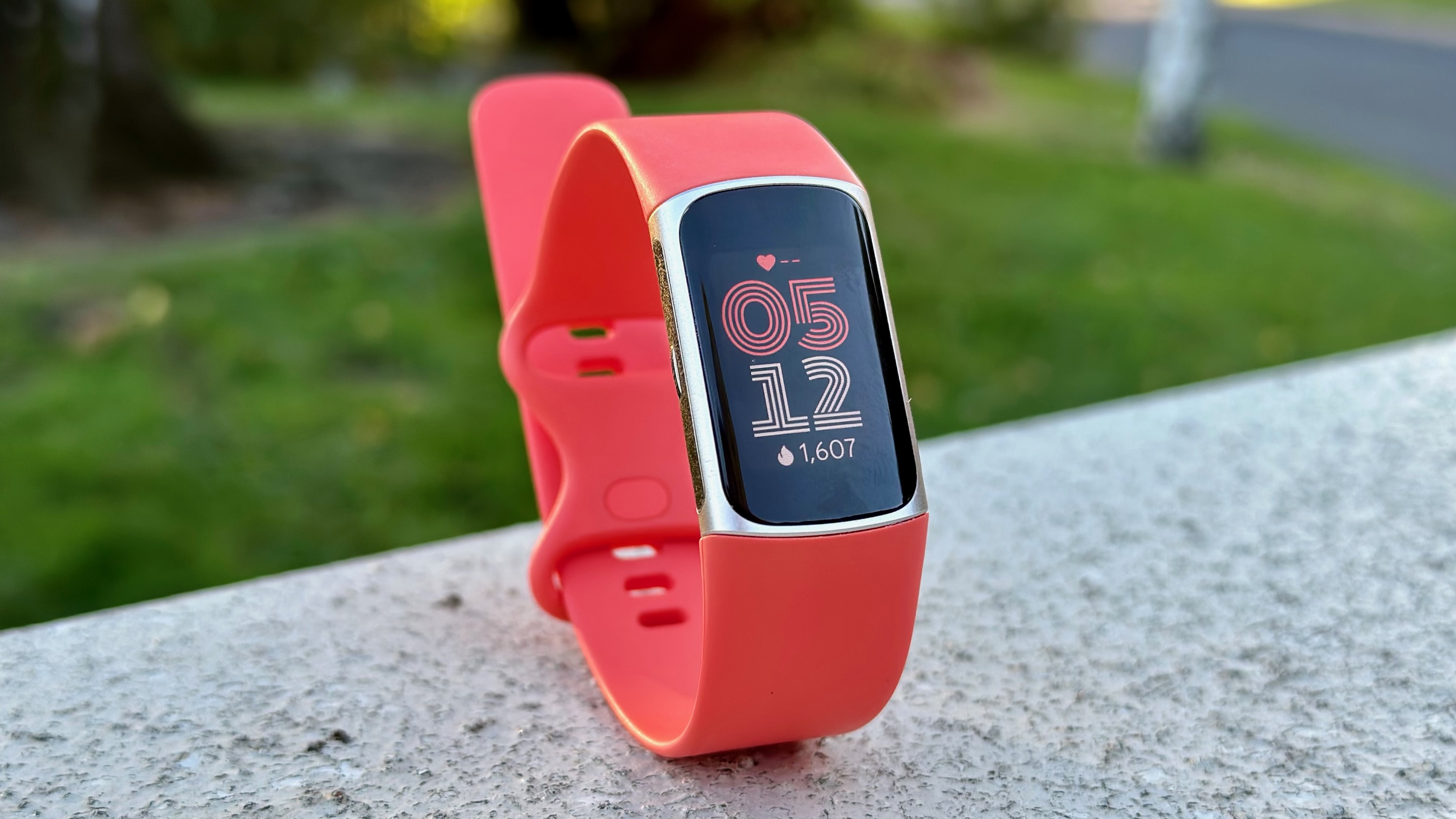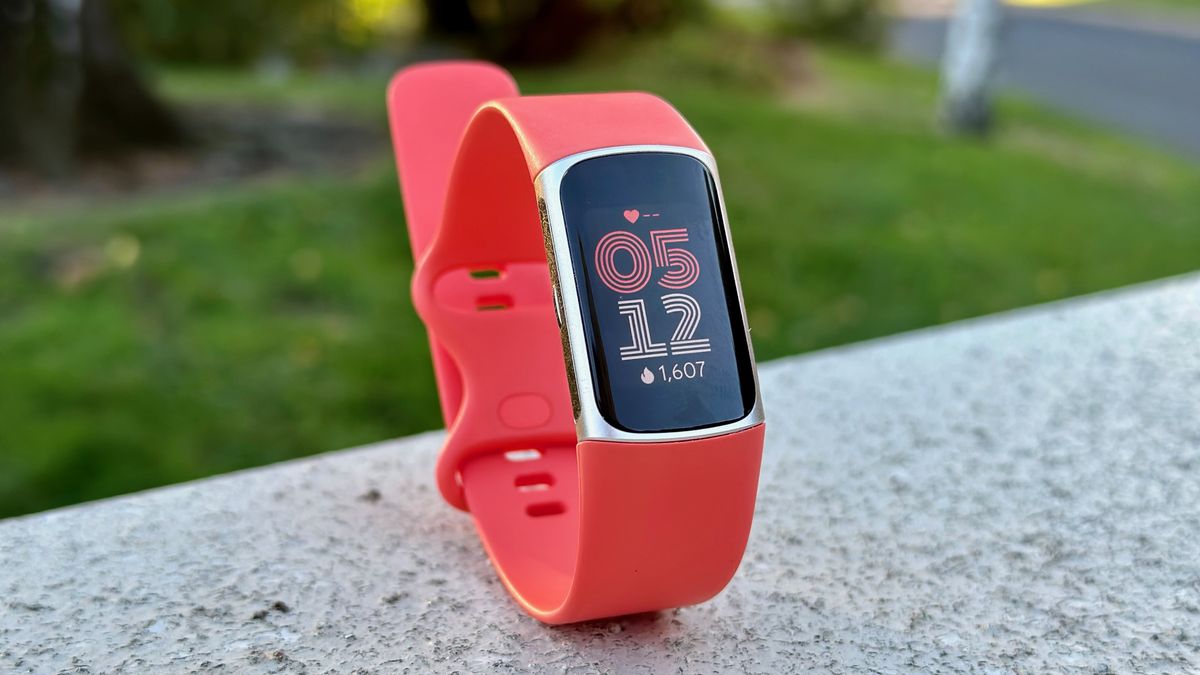
What you need to know
- Google’s latest health study analyzes metabolic health, and the factors that make for a healthy metabolism.
- People can help contribute to the study by sharing their Fitbit and Pixel Watch health data.
- The study goes beyond the screens: participants need to give their blood to Quest Diagnostics to be included.
Google’s latest health study for Pixel Watch and Fitbit users aims to uncover the causes of good metabolic health, and users can participate. It’s officially called the WEAR-ME study and is being conducted with Quest Diagnostics, a medical diagnostic giant. The latter company is necessary because participants will need to provide a blood sample to be included in the study.
In a press release, Google explains that lifestyle factors like diet, exercise, and sleep can affect a person’s metabolism. Fitness trackers, such as Fitbit wearables and Pixel Watch smartwatches, are uniquely positioned to provide insight into those factors.
“At Fitbit, we wanted to understand how using wearable devices to track daily habits and health metrics can help people better understand and improve their metabolic health to stay healthier,” the company said.
Google states that impaired metabolisms can cause cardiovascular stress, premature aging, hypertension, high cholesterol, and Type 2 Diabetes. The company also noted that estimates show that as few as 12% of adults in America have good metabolic health.
Users can start enrolling in the WEAR-ME study starting today in the Google Health Studies app. In order to enter into the study, users must be between 21 and 80 years old, in a U.S. state other than Hawaii, Alaska, and Arizona, and use an Android phone.
Participants will also have to share three months of previous Fitbit health data with the company, complete four questionnaires, and share current Fitbit health data for the 70-day study period.
But what will likely prevent Fitbit and Pixel Watch users from participating is the required blood sample. Apart from biometric signals recorded with Fitbit wearables, there are biomarkers only found in blood samples that are necessary for the study. Participants can go to Quest Diagnostics for a free blood draw that “includes a comprehensive metabolic panel and measuring cholesterol, triglycerides and insulin levels.”
The data will not be used for advertising purposes or sold to third-party companies, according to Google. Google reinforces that the health data will be used only for research “and to help develop better products.”
Google wants to eventually use the data to create algorithms that can detect the status of a user’s metabolic health, potentially intervening and initiating a lifestyle change before the issue compounds into something worse.
A previous Google Health Study tracked the impact of smartphones on mental health.

